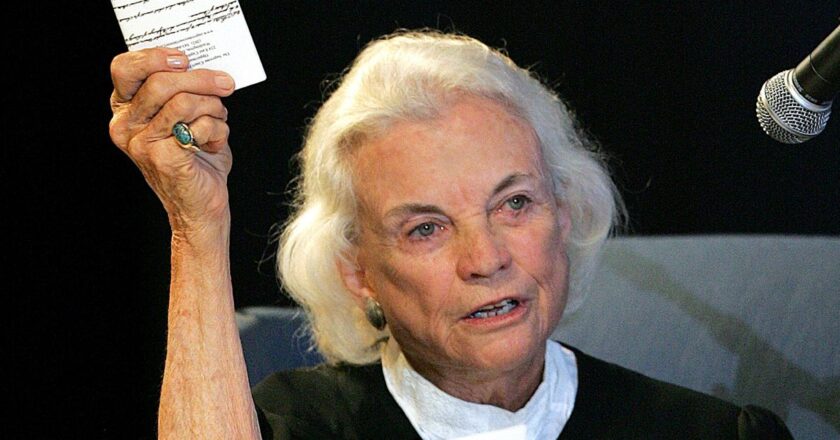Justice O’Connor Knew the Limits of Judging—and Government
Sandra Day O’Connor shattered expectations and made history as the first woman to serve on the Supreme Court. She was often the pivotal vote, and her jurisprudence leaves a lasting mark on American law, from national security and education to federalism and beyond.As important, she was a model of judgment and civility. After retiring from the bench to take care of her beloved husband, John, she dedicated herself to reviving the nation’s civic culture. With faith in our established structures at an all-time low, O’Connor’s second act, as a champion for American institutions and good citizenship, provides a timely reminder of this country’s enduring promise.Copyright ©2023 Dow Jones & Company, Inc. All Rights Reserved. 87990cbe856818d5eddac44c7b1cdeb8









